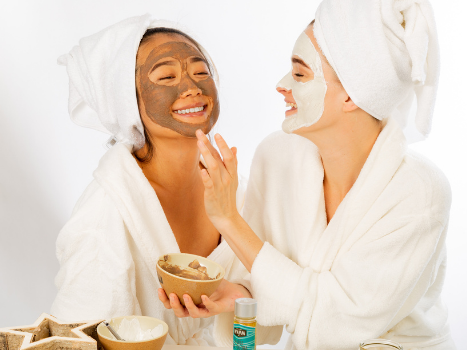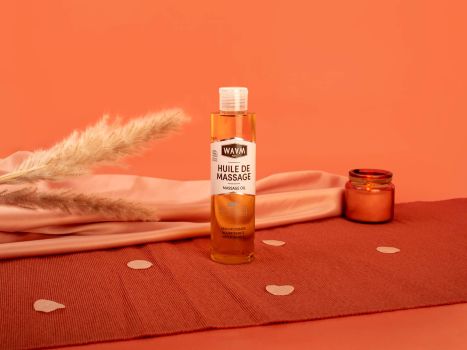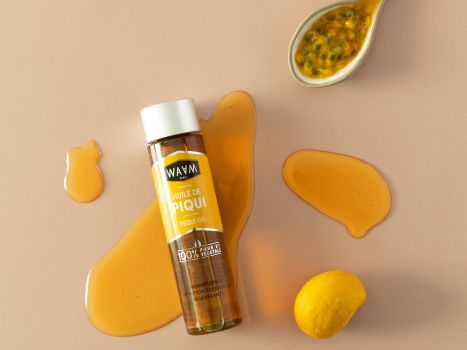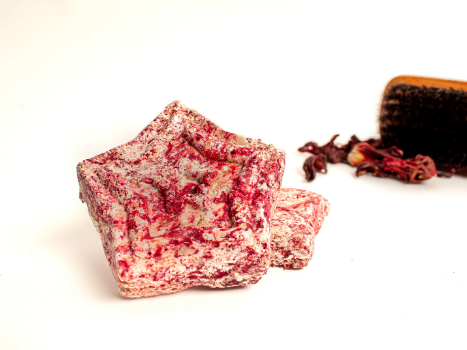Eat fruits and vegetables in season
In summer, we enjoy fresh, colorful produce without feeling guilty. Melons, watermelons, strawberries... are rich in water and low in sugar content, except for cherries. Strawberries are one of the least sweet fruits, rich in vitamin C, as are raspberries and blueberries.
Fruit is best eaten with meals, in the morning and at lunchtime, to avoid insulin spikes and mid-day sugar cravings. And avoid eating sugary foods at the end of the day.
Summer vegetables are also rich in water and therefore very hydrating. Tomatoes, cucumbers and asparagus are low in calories, and some, like asparagus, have a draining effect.
Do you like easy recipes based on raw vegetables?
The tomato-mozzarella duo is perfect for dinner and ultimately low in fat, as long as you don't overuse the olive oil and balsamic vinegar (rich in sugar). And it's easier to digest than meat and vegetables.
If you're addicted to mixed salads, opt for a quinoa base, rich in protein and fiber, and low in carbohydrates. And for those who can't do without pasta or rice salads, choose them semi-complete or complete. With white rice and pasta, you don't get enough calories, and you soon feel hungry after the meal.
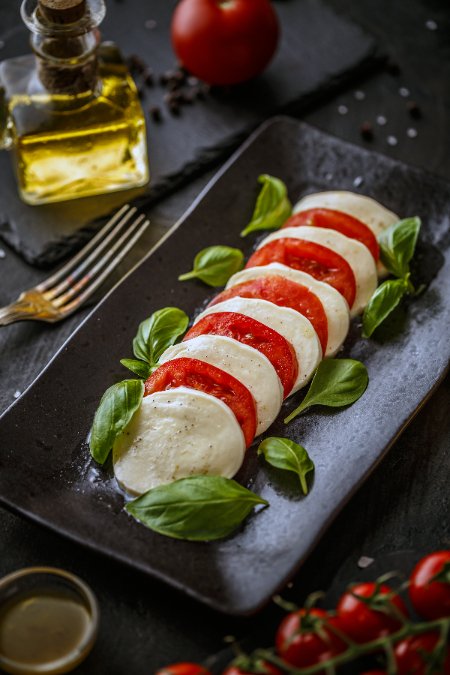
Stay hydrated
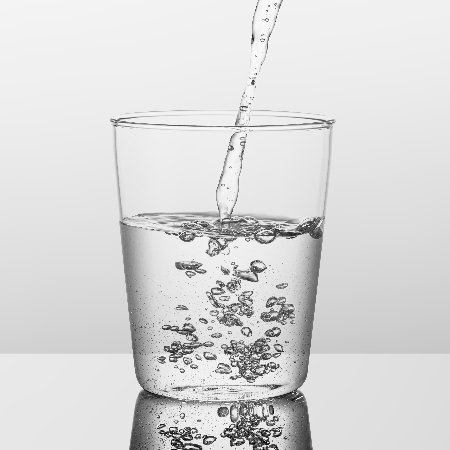
Drinking water is essential, but what are the other healthy alternatives when you want to avoid sodas and industrial drinks?
Infused waters, very Instagramable with their lemon slices and mint leaves in suspension, have been on the rise for a few years now. How do they work? Infuse cucumber, strawberry and aromatic herbs in water for at least half a day, without adding sugar, to obtain a refreshing drink with a subtle taste. In nutritional terms, the benefit is not great: you may find a few vitamins in the water, but no fiber.
Whatever the drink, it should be drunk at room temperature. If it's too cold, it can cause stomach ache or diarrhoea. What's more, the body doesn't have time to assimilate cold water. It quickly passes through the colon, leaving the organs no time to draw water for hydration.
During heatwaves
Drink at least 2 liters of water a day, adding a pinch of salt to compensate for mineral losses due to perspiration.
Avoid outdoor physical activity and intense cardio. Instead, opt for gentle sports such as walking, hatha yoga, aquatic activities..
A liquid diet, with cold soups and raw, water-rich fruit and vegetables, is well suited to hot weather. But eating raw at every meal can make you feel bloated. Add a dose of starchy foods to restore balance.
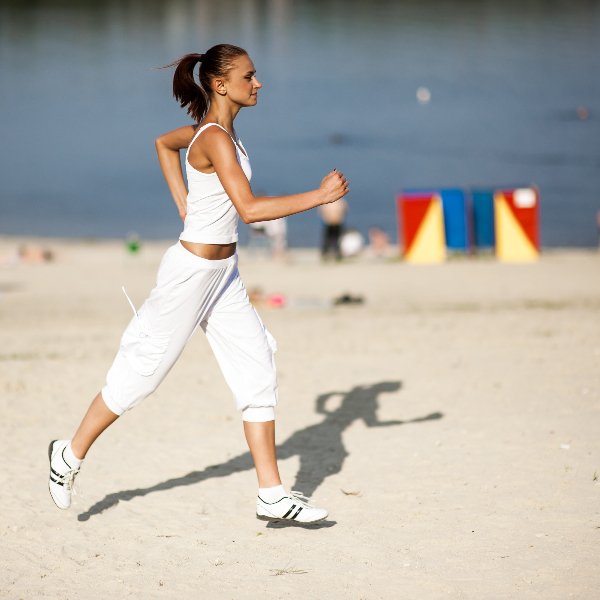
Lighten your legs
When you suffer from poor venous return, hot weather can be a real ordeal.
In addition to wearing compression stockings and socks, simply adopting a few new habits can quickly make you feel better.
The basic principle remains good daily hydration (1.5 liters of water), to help the kidneys function properly and eliminate toxins.
Summer is the time to enjoy red fruits such as strawberries, blueberries, cherries and raspberries, which strengthen venous return and reduce capillary fragility. You can also drink pomegranate juice, recommended for its anti-oxidant and anti-storage action, as it facilitates the elimination of watery cellulite.
Getting moving every day is also essential to boost lazy venous return. Walk for at least ¾ of an hour every day, take the stairs instead of the elevator, swim and cycle to give you slimmer legs.
Beware of sports that put pressure on the veins, such as running, tennis, squash or aerobics. They should be avoided.
Online lymphatic drainage
This method boosts the lymphatic system and helps eliminate toxins, with just 10 minutes of daily practice at the start of the day.
Designed for everyone, this self-massage helps you feel fitter, lighten heavy legs and deflate the abdominal area.
It combines belly breathing, stretching and posture work... a succession of simple exercises that can be performed anywhere.
Body lymphatic drainage, available at app.okofacefitness.fr
(Subscription gives unlimited access to face and body anti-aging training videos. From €18.99 for 1 month).

.jpg)
.jpg)






